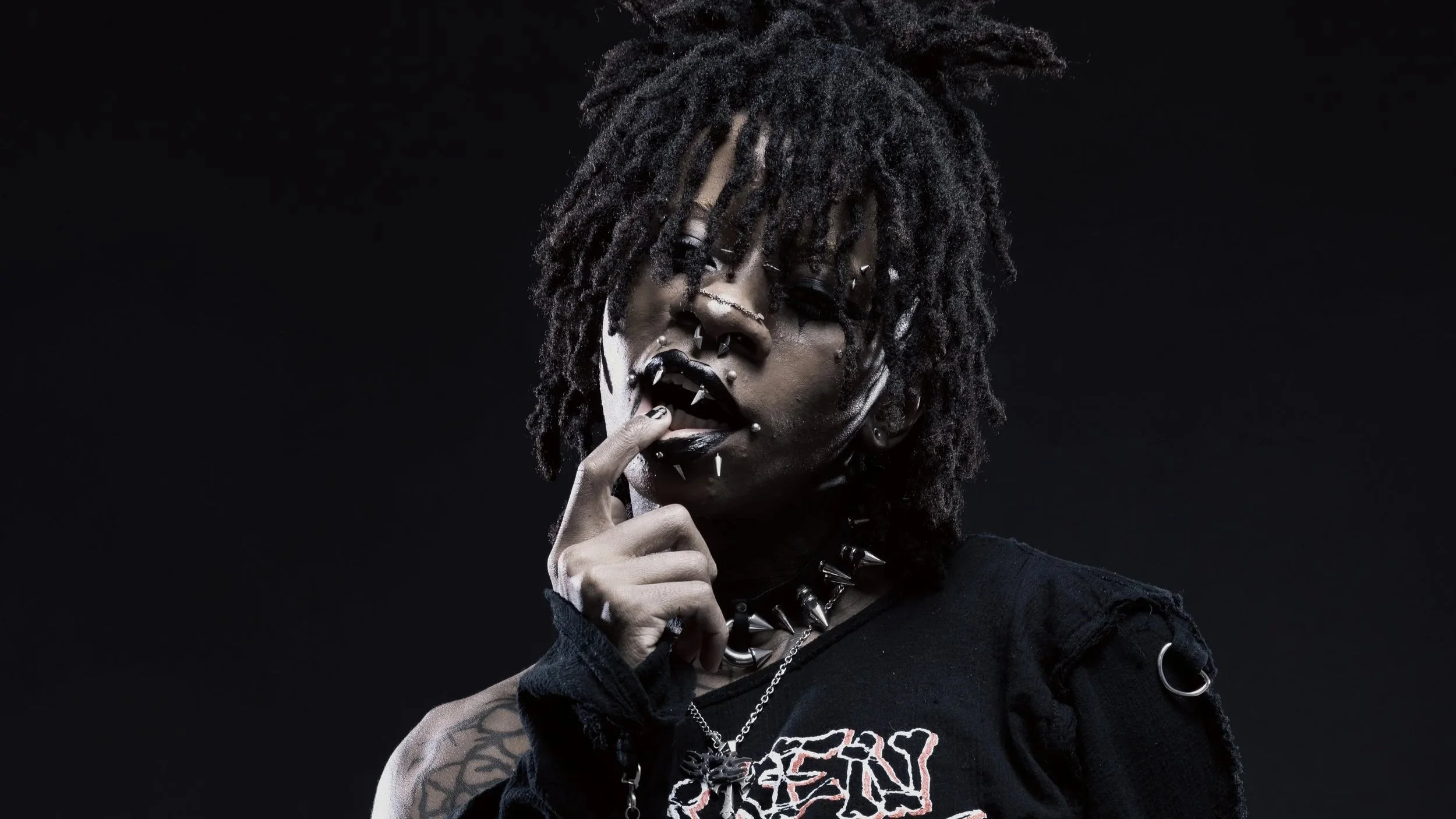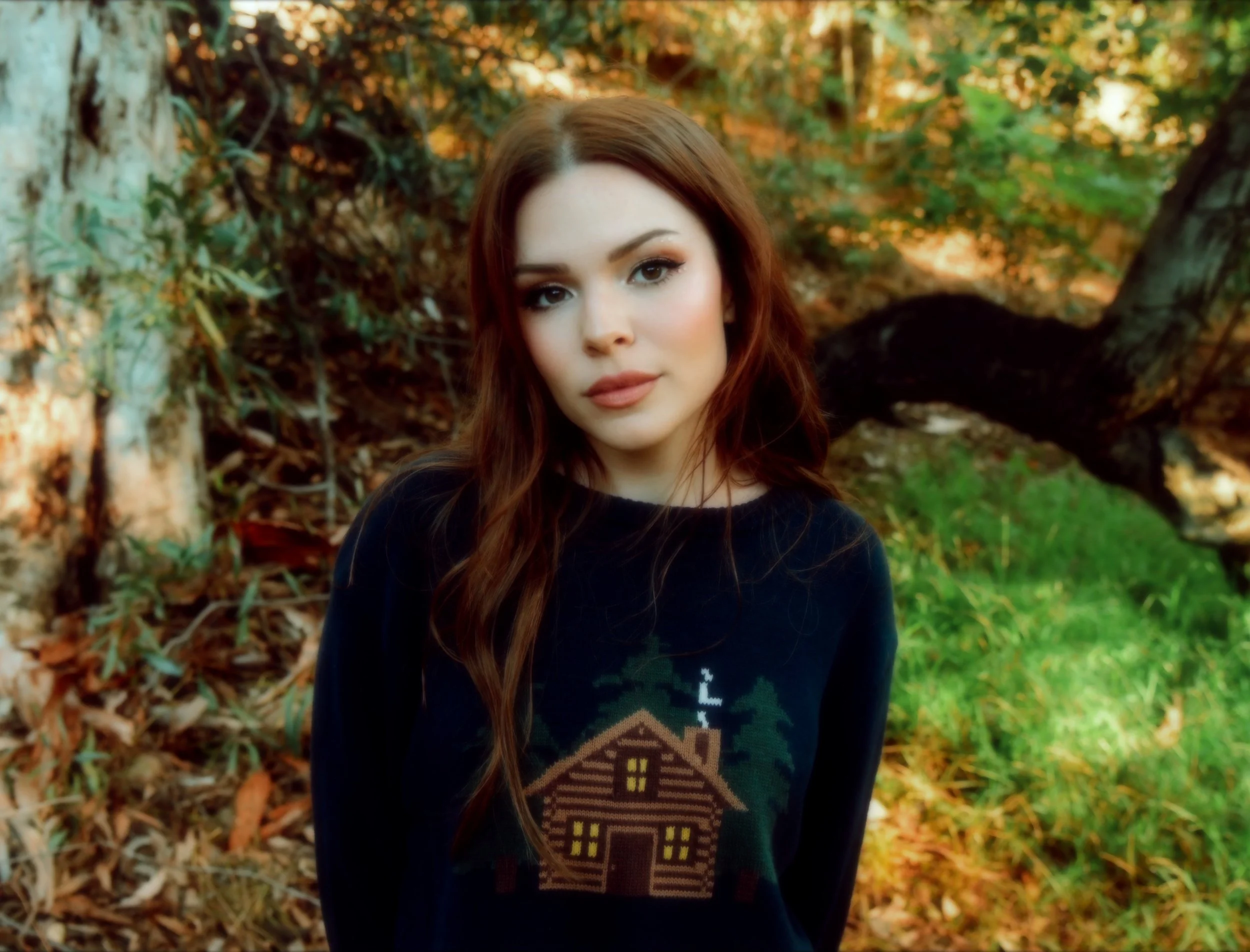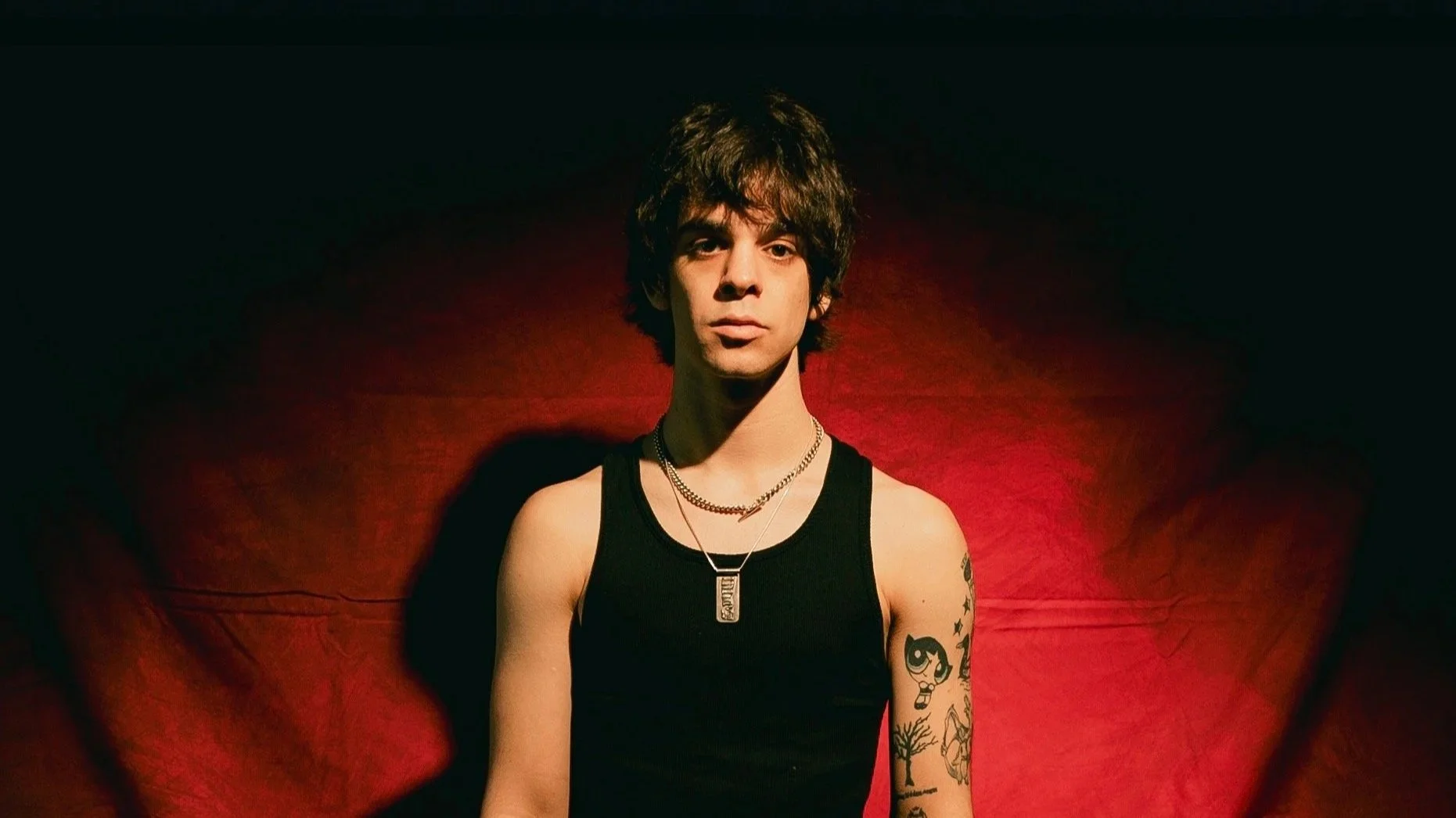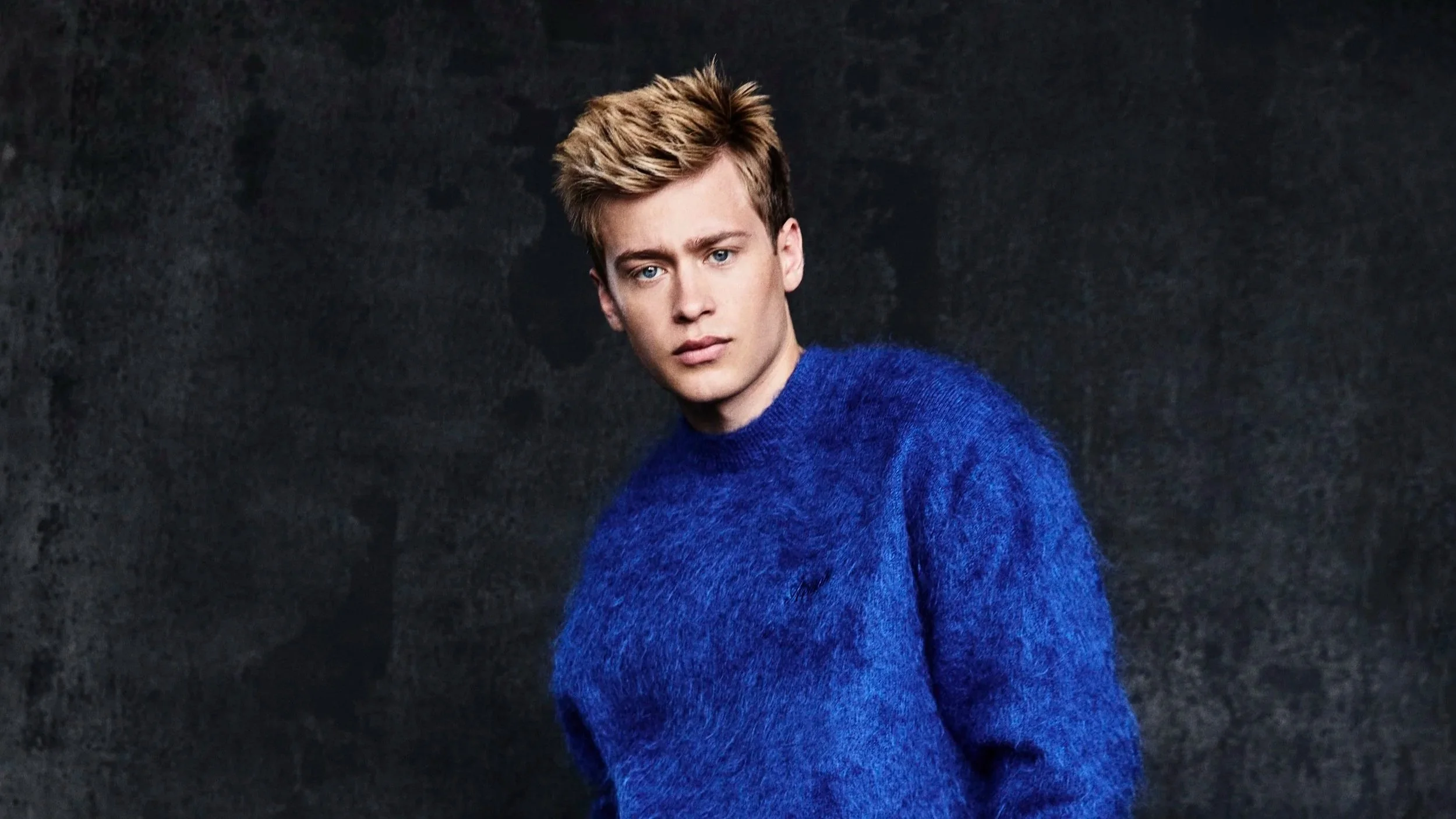Deragh Campbell Talks Surrealism and Her New Film Family Portrait
The recent indie flick titled Family Portrait follows an expansive family as they plan a group picture — but when the mother disappears that fateful morning, one daughter becomes increasingly focused on locating her and capturing the family moment, only to find resistance from the rest of the family.
Initially, the movie paints a realistic picture of a family on a leisurely yet chaotic summer day, but as the story unfolds, it delves into a surreal realm where conventional concepts of time and space blur, turning the family portrait into a mysterious ritual of generational transformation. At the core of its cast, Family Portrait features a captivating performance by Deragh Campbell, (known for roles like Anne at 13,000 ft. or Stinking Heaven) portraying the aforementioned daughter struggling to balance her own persona along with the unspoken pressures associated with taking on a matriarch mantle.
With the film currently streaming on Metrograph At Home (and more theater dates to come), we had the chance to chat with Campbell about the surrealism-heavy Family Portrait and her impactful, nuanced role.
Congratulations on your new role in Family Portrait! How would you describe your character in the film – and how did you prepare for the role?
Deragh Campbell: I think I first conceived of Katy as sensitive to her surroundings, maybe even made fragile by over stimulation. She isn’t very assertive or necessarily articulate about her feelings and she defaults to retreating inward rather than communicating. I did some practical preparation for the role — learning the lines and neutralizing my Canadian accent and watching some of Lucy’s tonal references. But I think the performance relied most on being present in the landscape of the Guadalupe river in Hunt, Texas where the film is set as well as in Lucy’s choreographies and allowing that to have a sensorial influence.
Family Portrait has been appropriately described as a film that blurs the lines between reality and surrealism. How did you approach that murky sense of ambiguity in your performance?
Deragh Campbell: I suppose you can’t really act surrealness so it was more about your attention being drawn elsewhere — to a sound or a thought like the question at the beginning of the film — where did my mother go when her stare was empty — so that Katy is drawn out of typical exchanges. Then as she sets off to look for her mother in nature, that is a surreal quest so it makes sense to play it with a natural determination.
What initially drew you to the script of Family Portrait and working with director Lucy Kerr for this unique story?
Deragh Campbell: Lucy reached out to my agent and we began talking about the film and, while I loved the project, I think it was seeing Lucy’s short, Crashing Waves, that made me most excited to work with her. I think it was something about the asymmetry of the short that surprised me — the majority of the film is the description of a stunt over the image of waves crashing at the bottom of a cliff but then it cuts to images of a stunt worker suspended on a harness. I think it made me understand that Lucy doesn’t just execute a concept, nor is she didactic, but that she has a really limitless ability to deconstruct and reconstruct unexpected meanings between language and the image. I really love that short! And it made me feel she is a real artist which creates truly such a different environment from most sets that really are so industrial.
Your character’s journey in Family Portrait acts as a connective point for a lot of these unique relationships – which only becomes more complicated as she steps into a matriarchal role after her mother disappears. What would you say was the most challenging aspect of portraying this particular character arc?
Deragh Campbell: I guess what was challenging with the family was having to strike this balance of them being familiar while also being alienated from them. I hope that balance is most articulated in the fire pit scene, which was perhaps my favorite one to shoot. I guess as she’s driven a bit crazy by the family’s stupor, she starts trying to shake it and behaves more erratically. But in so doing she discovers that the stupor is unbreakable, so she becomes a bit hysterical. I guess I’m more comfortable with the internal retreating and so committing to these unexpected lines and actions was a bit frightening but ultimately really fun.
The film clearly explores themes of family dynamics and the complexities of these relationships. Considering that there were several ambiguous relationships in the story – was there a dynamic that you personally wanted to know more about?
Deragh Campbell: I really loved my sisters! And I was really impressed by how fully realized the characters Rachel Alig, Katie Folger and Veronika Cinibulk created were. It truly made me want to know more about them and how they felt about their lives and made it more tragic that they had learned to have their defenses up against my character, as well as against anyone else, so that intimacy is impossible except in little fleeting moments.
Family Portrait has been praised for its visual storytelling and unconventional narrative structure. How did the films unique style influence your performance as an actor?
Deragh Campbell: I think Lucy’s interest in atmosphere really pervades the set. Rather than just ‘getting’ a scene, I think she’s sensitive to when something has become heightened when there is an unlikely occurrence of something foreseen being experienced as happening. I remember reading somewhere the description of some moments feeling denser than others and I think Lucy has some measure of that density.
With the film delving into enigmatic rituals and transitions, what was the best piece of advice or insight you received from writer/director Lucy Kerr?
Deragh Campbell: I’m not sure if Lucy ever gave me explicit advice but Lucy definitely brought me an awareness of ritual and habitual behaviour and the ways that different movement or attention can alter your awareness. And I really think attention is a precious resource as a performer as well as in your life!









